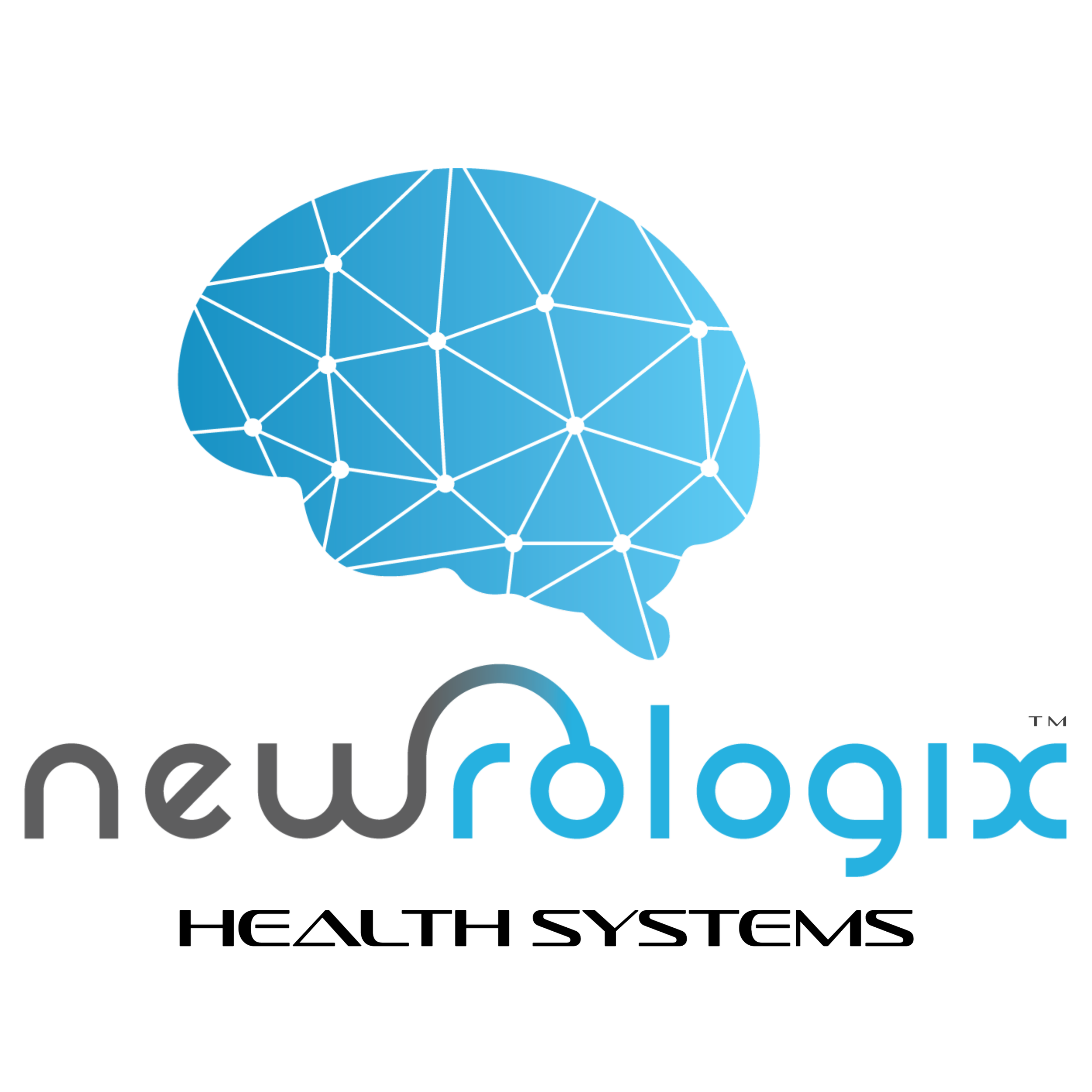Understanding ADHD: Identification, Diagnostic Criteria, and Treatment Options
Attention-Deficit/Hyperactivity Disorder (ADHD) is a neurodevelopmental disorder that affects both children and adults. It can impact one's ability to focus, control impulses, and engage in daily activities. Identifying and addressing ADHD is crucial for individuals to receive appropriate support and interventions. In this blog post, we will explore how ADHD is usually identified, the diagnostic criteria, the subtypes of ADHD, and why medicatio
n management may not always be the best solution.
How ADHD is Identified
ADHD is typically identified through a comprehensive assessment process that involves gathering information from multiple sources, including parents, teachers, and healthcare professionals. The evaluation may include interviews, behavior rating scales, and observations to assess the individual's symptoms and their impact on various aspects of life. Gathering a complete developmental and medical history is also essential in identifying ADHD.
Diagnostic Criteria
The Diagnostic and Statistical Manual of Mental Disorders (DSM-5) outlines the following criteria for diagnosing ADHD:
1. Inattention: Individuals may demonstrate difficulty sustaining attention, following through on tasks, organizing activities, or paying close attention to details.
2. Hyperactivity and Impulsivity: This includes fidgeting, excessive talking, restlessness, difficulty engaging in leisure activities quietly, and acting without thinking.
These symptoms must be present in multiple settings, such as at home, school, or work, and should significantly interfere with the individual's social, academic, or occupational functioning. The symptoms should also be persistent and inappropriate for the individual's developmental level.
Subtypes of ADHD
ADHD is commonly categorized into three subtypes:
1. Predominantly Inattentive Presentation: Individuals with this subtype often struggle with inattention, organization, and may appear to be forgetful or easily distracted.
2. Predominantly Hyperactive-Impulsive Presentation: This subtype is characterized by high levels of hyperactivity and impulsivity, with less prominent inattentive symptoms.
3. Combined Presentation: This subtype involves both significant inattentive and hyperactive-impulsive symptoms.
Recognizing the specific subtype is crucial for tailoring interventions and support strategies to address the individual's unique challenges.
Non-Medication Management
While medication management can be beneficial for many individuals with ADHD, it may not always be the best solution, especially for certain subtypes. Behavioral therapy, specialized educational interventions, and environmental modifications can play a pivotal role in supporting individuals with ADHD.
For example, individuals with primarily inattentive symptoms may benefit from structured routines, visual aids, and organizational strategies to enhance their ability to focus and manage tasks. On the other hand, those with predominantly hyperactive-impulsive symptoms may require behavior modification techniques and social skills training to improve impulse control and interpersonal interactions.
Additionally, considering the potential side effects and individual responses to medications, some subtypes of ADHD may not respond favorably to pharmacological interventions. In such cases, non-medication approaches become essential for managing symptoms and enhancing overall functioning.
In conclusion, identifying ADHD involves a thorough assessment process, considering diagnostic criteria, and recognizing the specific subtypes of the disorder. While medication management can be effective for many individuals, it's essential to acknowledge that non-medication interventions play a critical role in supporting individuals with ADHD, especially when certain subtypes do not respond to drugs.
Understanding the complex nature of ADHD and tailoring interventions to address the individual's unique profile is fundamental in promoting their well-being and success in various areas of life. If you suspect that you or someone you know may have ADHD, seeking a comprehensive evaluation from qualified healthcare professionals is the first step toward obtaining the support and resources needed for effective management.


